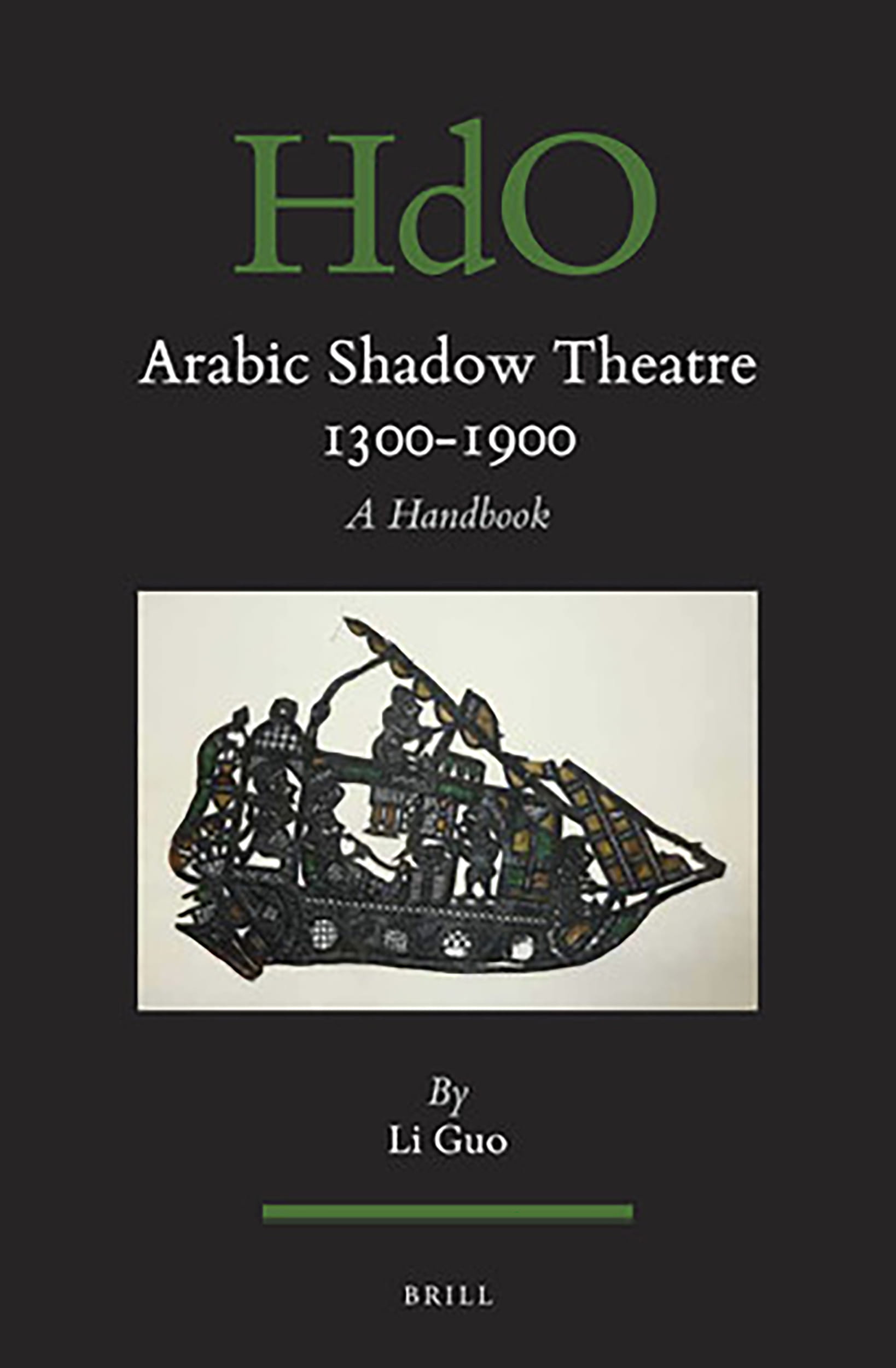
Arabic Shadow Theatre 1300–1900: A Handbook
Caroline Stone
Li Guo
Brill Publishing, 2020
Shadow theater is an important element in Arab—and Ottoman—popular culture shedding light on the tastes, interests of ordinary people, as opposed to the elite. Because it never made its way into the official literary canon, no standard work on the subject has been produced until now. Li Guo, a professor of Arabic Studies at the University of Notre Dame, does a magnificent job researching, both texts and artefacts, and has arranged them, making each accessible to anyone, whether concerned with individual plays, specific performances or the tradition’s history. Dozens of synopses of plots, together with some translations are especially valuable. The shadow figures themselves are illustrated and cataloged, invaluable bibliographies and a glossary enhance the quality of the book. The one criticism is with Brill, which should have provided a native speaker to edit the text and correct the mistakes of English. A brilliant key work like this deserves better.
You may also be interested in...

Dissolved Monopoly’s Legacy Hinges on How India Honors Its Political Architecture
From the first fortified trading post in northeastern India, historian Rosie Llewellyn-Jones tracks the physical changes wrought by the English East India Company.
Untold Stories of British Muslim Women as Agents of Change
Sociologist Sariya Cheruvallil-Contractor and historian Jamie Gilham present 100 years of Muslim women who have contributed to the dynamism of Islam in Britain.
Children's Book Offers Lessons for Any Age
Change is hard, and there are few bigger changes to contend with than that of moving thousands of kilometers away to a different country.